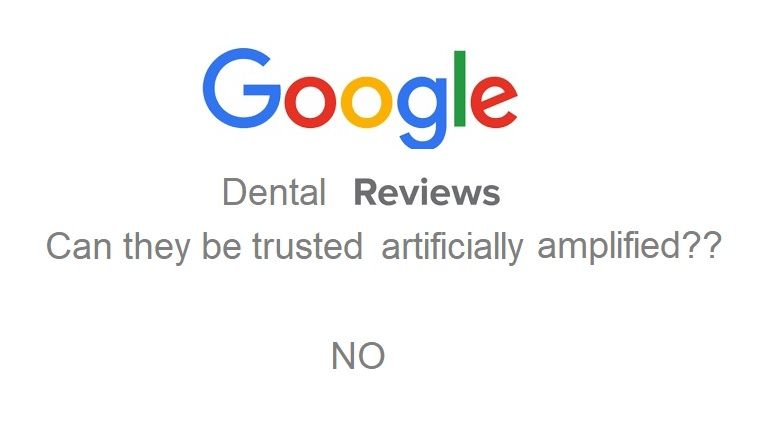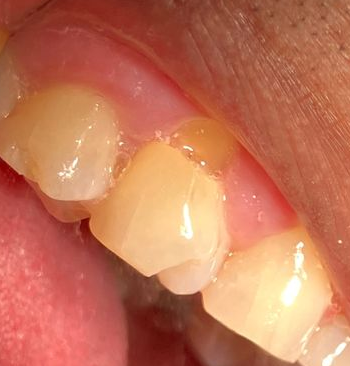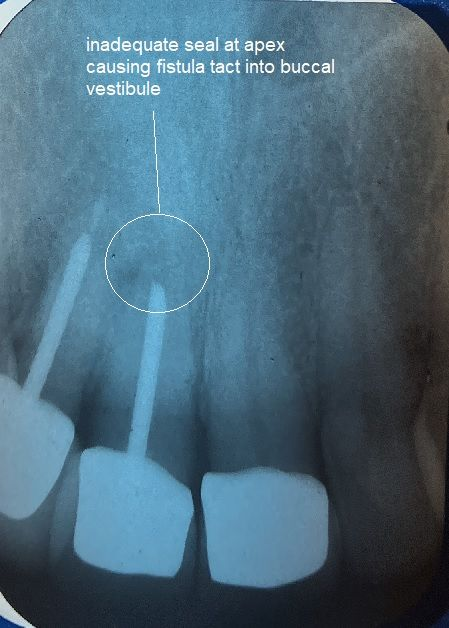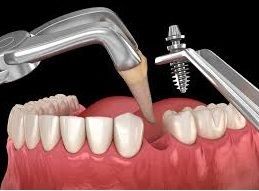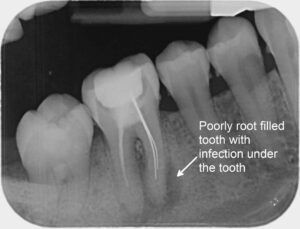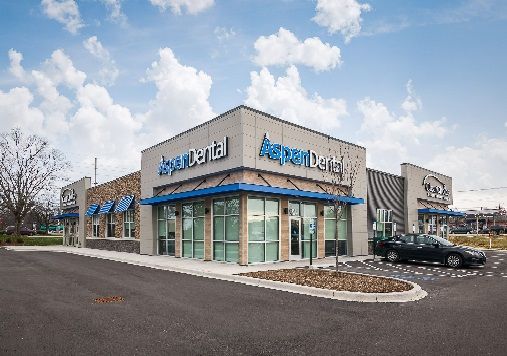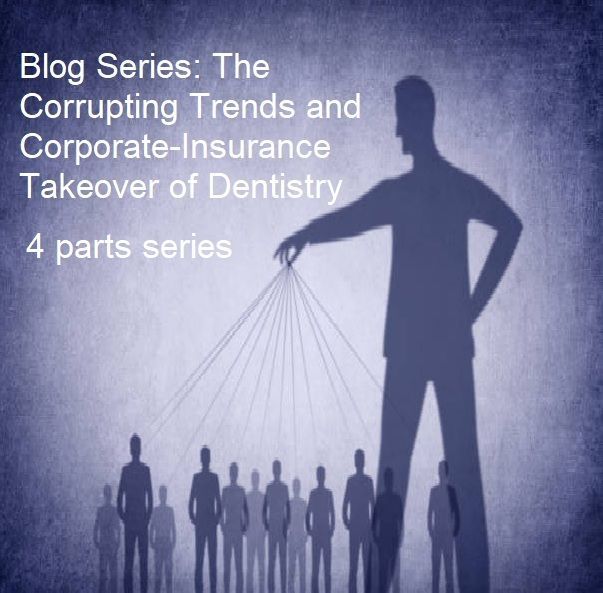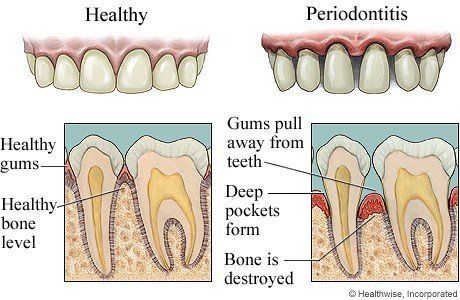
The main cause of periodontal (gum) disease is plaque, but other factors affect the health of your gums. Below are a few factors of why there are such risks when it comes to Gum Disease.
AGE
Studies indicate that older people have the highest rates of periodontal disease. Data from the Centers for Disease Control and Prevention indicates that over 70% of Americans 65 and older have periodontics.
SMOKING/TOBACCO USE
Tobacco use is linked with many serious illnesses, such as cancer, lung disease, and heart disease, as well as numerous other health problems. Tobacco users also are at increased risk for periodontal disease. Studies have shown that tobacco use may be one of the most significant risk factors in the development and progression of periodontal disease.
GENETICS
Research has indicated that some people may be genetically susceptible to gum disease. Despite aggressive oral care habits, these people may be more likely to develop periodontal disease. Identifying these people with a genetic test before they even show signs of the disease and getting them into early interventive treatment may help them keep their teeth for a lifetime.
STRESS
Stress is linked to many serious conditions, such as hypertension, cancer, and numerous other health problems. Stress also is a risk factor for periodontal disease. Research demonstrates that stress can make it more difficult for the body to fight off infection, including periodontal diseases.
MEDICATIONS
Some drugs, such as oral contraceptives, anti-depressants, and certain heart medicines, can affect your oral health. Just as you notify your pharmacist and other healthcare providers of all medicines you are taking and any changes in your overall health, you should also inform your dental care provider.
CLENCHING OR GRINDING YOUR TEETH
Clenching or grinding your teeth can put excess force on the supporting tissues of the teeth and could speed up the rate at which these periodontal tissues are destroyed.
OTHER SYSTEMIC DISEASES
Other systemic diseases that interfere with the body’s inflammatory system may worsen the condition of the gums. These include cardiovascular disease, diabetes, and rheumatoid arthritis.
POOR NUTRITION AND OBESITY
A diet low in important nutrients can compromise the body’s immune system and make it harder for the body to fight off infection. Because periodontal disease begins as an infection, poor nutrition can worsen the condition of your gums. In addition, research has shown that obesity may increase the risk of periodontal disease.
Dr. Castellano and his staff have the talent and professionalism to help your teeth and gums become healthy and strong. Contact us today at (813) 672-1917 !

